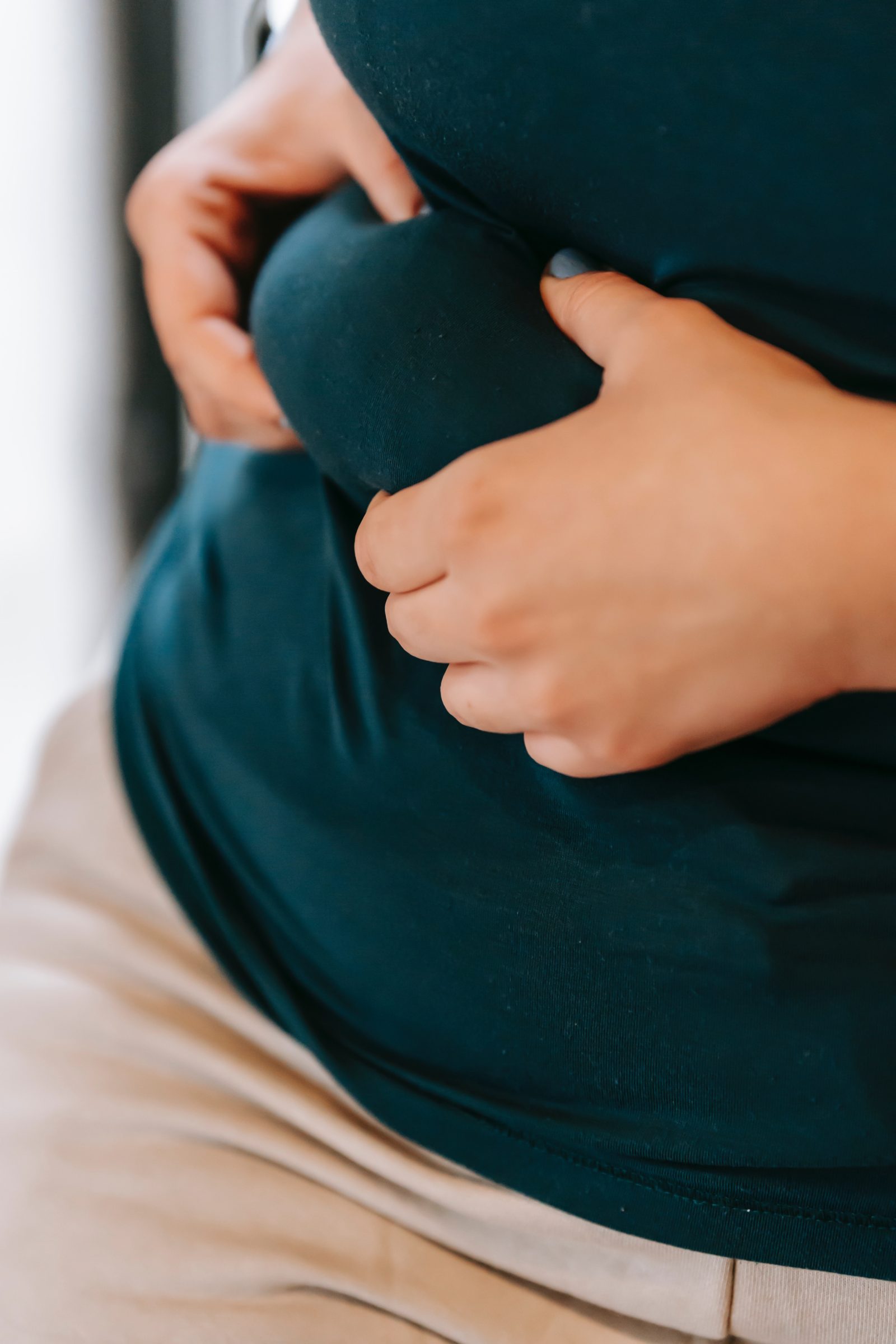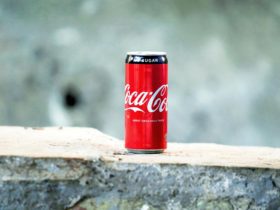Negative lifestyle changes combined with postponing doctor’s visits during the pandemic have led to a deterioration in the health of a significant part of the Czech population. According to internists at the Prague General University Hospital (VFN), the health of Czechs has deteriorated by up to 30 percent in numerical terms. The specialists from the VFN refer to data from their own hospital as well as to surveys conducted “across” society.
According to an Ipsos poll from February this year, about a third of Czechs have gained weight since last spring, often by several kilograms. A fifth of respondents also admitted they had stopped exercising or reduced physical movement.
In these respects, while we follow the international trend, we are lagging in making positive changes. While internationally, twenty percent of the survey participants have “lost weight,” and twenty-seven percent have started to move more, it was only thirteen and seventeen percent in the Czech Republic, respectively. The unusual time has also caused psychosocial stress for many people, which is currently felt by one in two people.
Follow a healthy lifestyle
Among the diseases that may be on the rise for a long time as ‘secondary’ effects of coronavirus are stomach and duodenal ulcers. Stress, reduction in diagnosis, and increased consumption of risky painkillers have all contributed towards in these diseases.
The medical team at the VFN recommends that everyone should not postpone seeing a specialist in case of problems and should also pay attention to their lifestyle. There is no “miracle way” to stay healthy, they say, but regular exercise, a balanced Mediterranean-style diet, and plenty of social contact without too much alcohol can certainly help.
“Covid has left a lot of damage in its wake. Even my colleagues in the hospital are now finding more advanced findings of tumors of the colon, liver, or pancreas. And many things will undoubtedly become apparent in the future. On the other hand, the whole hospital is now rejoicing that the situation has practically returned to normal, and we can return to normal medicine,” said David Feltl, director of the VFN.









Build alliances and defeat enemies in real-time multiplayer games Hawkplay